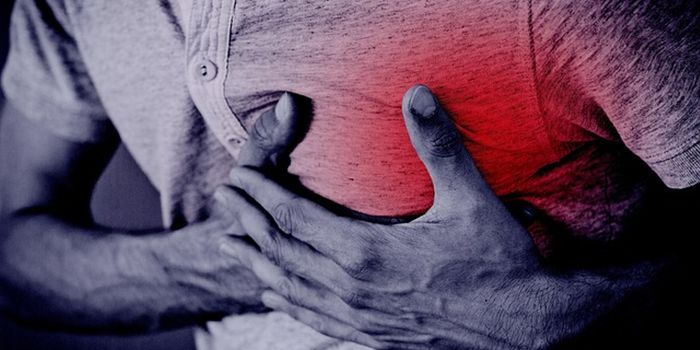Ultra-Processed Foods Make You Gain Fat, Even with Same Calories
A new study published in Cell Metabolism has shown that eating more ultra-processed foods leads to more fat gain, even with the same caloric intake. The study further showed that ultra-processed foods may lead to disruptions in hormone levels and accumulation of unhealthy chemical pollutants in the bloodstream.
The study included 43 men between the ages of 20 and 35 years old. The participants spent three weeks eating either an ultra-processed diet or an unprocessed diet followed by a three-month washout period. Then, each participant switched to the other diet (ultra-processed or unprocessed) for another three weeks. The ultra-processed and unprocessed diets contained the same amounts of calories and the same macronutrient profiles. However, the ultra-processed diet contained elevated levels of refined grains, saturated fats, cholesterol, added sugar, and dairy products while containing a lower amount of fiber. The ultra-processed diet provided to the participants was designed to reflect a typical diet of ultra-processed foods in the U.S. and other nations with high intakes of ultra-processed foods. Before and after each dietary intervention, health markers such as body weight, hormone levels, cholesterol, and more were measured for each participant. Ultra-processed foods have been linked to weight gain and other negative health outcomes, and this study sought to determine how ultra-processed foods and unprocessed foods affect health when caloric content is kept equal.
The results showed that the men gained about 1 kg more fat on the ultra-processed diet compared to the unprocessed diet, even with equal caloric intake. The ultra-processed diet also led to decreased levels of testosterone and follicle-stimulating hormone. Worryingly, there were higher levels of a hormone-disrupting chemical typically used in plastics, phthalate cxMINP, in the men’s bloodstreams after consuming the ultra-processed diet.
The authors of the study stated that they were shocked by how many body processes were disrupted by ultra-processed foods. Even when not eaten in excess, ultra-processed foods appear to harm our metabolic and reproductive health.
Sources: Cell Metabolism, Science Daily








